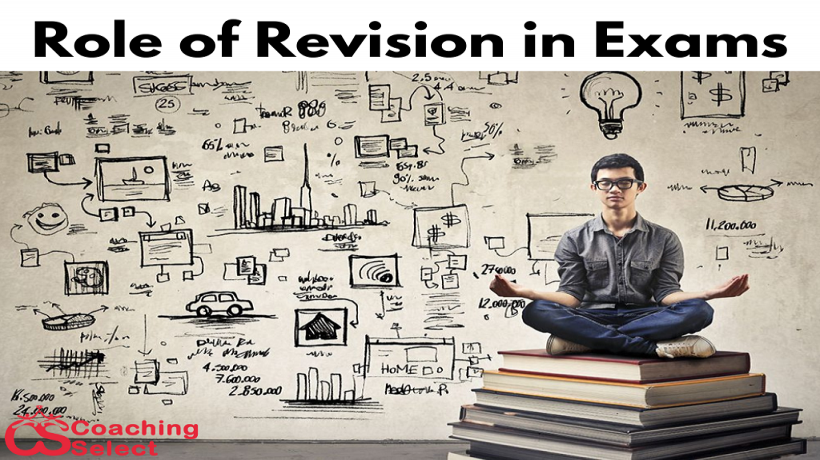How to make Revision Plan for Exams
Lets know the best tips and tactics for effective revision for exams.
October 06, 2023
Career Expert & Blogger

Effective revision is the key to success since exams are a critical element of the academic process. Whether you're a college graduate or a high school student, the act of reviewing for examinations may have a big influence on how well you do. We'll look at some tried-and-true methods in this blog to help you maximize your revision time and provide your best effort when it counts.
Some important steps for effective revision plan are-
1. Make Revision Schedule
Effective revision starts with a well-structured strategy. Make a revising schedule that lists the themes or topics you must cover and allots a certain amount of time for each. To prevent burnout, be careful to incorporate breaks. A well-liked strategy to increase productivity is the Pomodoro Technique, which calls for 25 minutes of intense study followed by a 5-minute rest.
2. Set Priorities
Both the importance of different subjects and the strengths and limitations of different pupils vary. Prioritise your revision based on the areas where you need the greatest improvement. Organise your notes, resources, and study materials to make it simple for you to find them later.
3.Better Learning Practices
Highlighting and passive reading won't help you successfully recall knowledge. Instead, apply active learning strategies like summarising, instructing others in the information, making flashcards, or resolving practise problems. These techniques compel you to interact with the material and strengthen your comprehension.
4. Practice, Practice and Practice
PracticePast papers and practise tests are essential tools for exam preparation. They help you assess your preparation and become more accustomed to the structure of the questions.
5. Break Down Complex Concepts
Complex ideas or themes might be intimidating. Divide them into more manageable, smaller pieces. Prior to moving on to the next notion, concentrate on getting one right. The use of mind maps, diagrams, and visualisation techniques can help people comprehend and recall difficult material.
6. Proper use of Technology
Technology can be a benefit and a distraction in the digital era. Use it sensibly. You may create study materials, organise your calendar, and even set reminders for study sessions using a variety of applications and online tools. Nevertheless, avoid the impulse to visit irrelevant or social media websites while you're studying.
7. Stay Healthy
The health of your body and mind are crucial for productive revision. Make sure you get adequate rest, eat healthy foods, and drink enough of water. Additionally, regular exercise might improve your memory and focus. Aim for a restful night's sleep rather than studying the night before the test.
Conclusion
Your ability to revise effectively has a big impact on how well you do in school. You may streamline your revising process by organising, setting priorities, and implementing active learning strategies. While preparing for your exams, keep yourself healthy, ask for assistance when necessary, and have a good attitude. You'll be better prepared to succeed in your tests and meet your academic objectives if you use these tactics.



